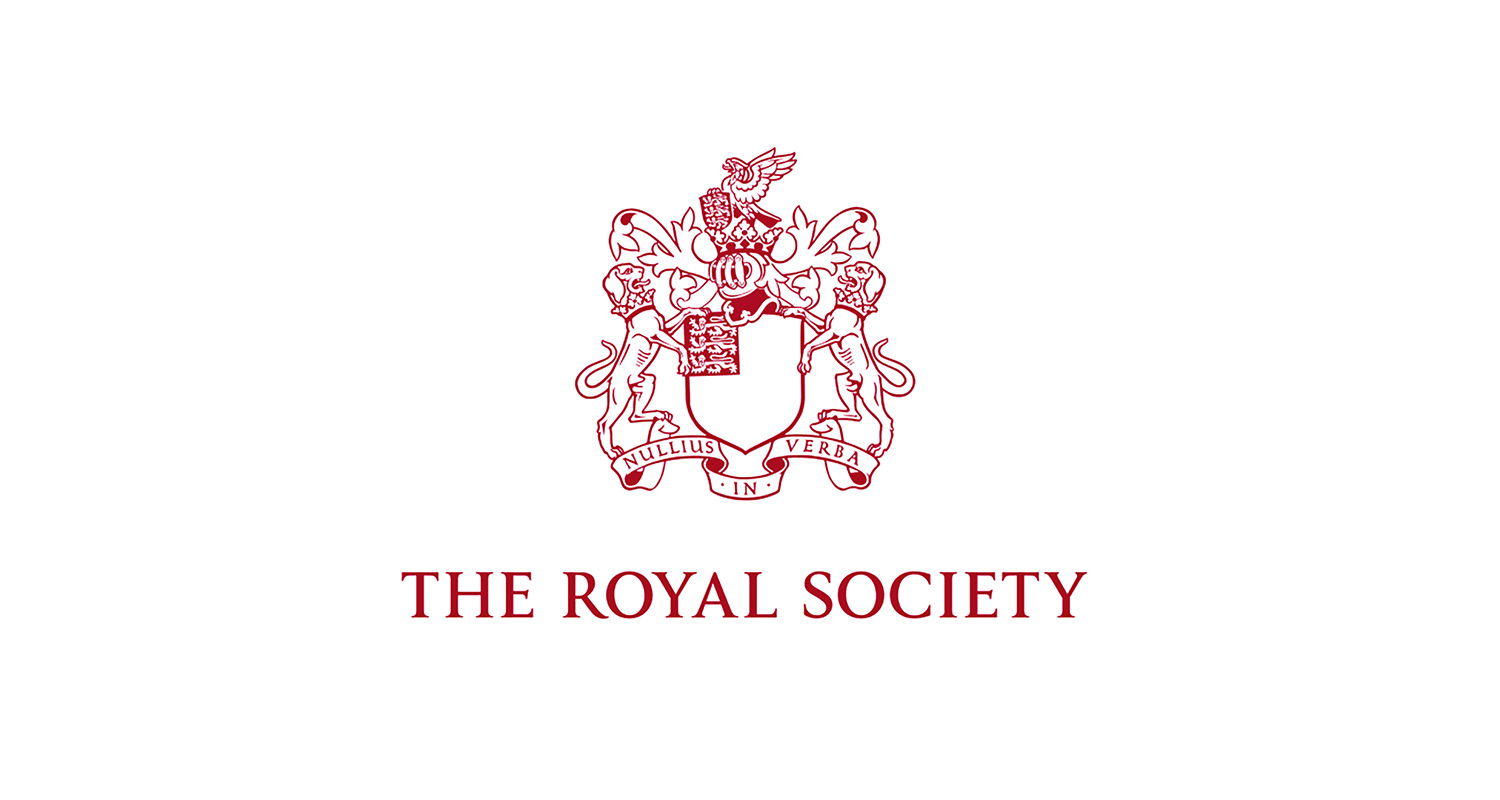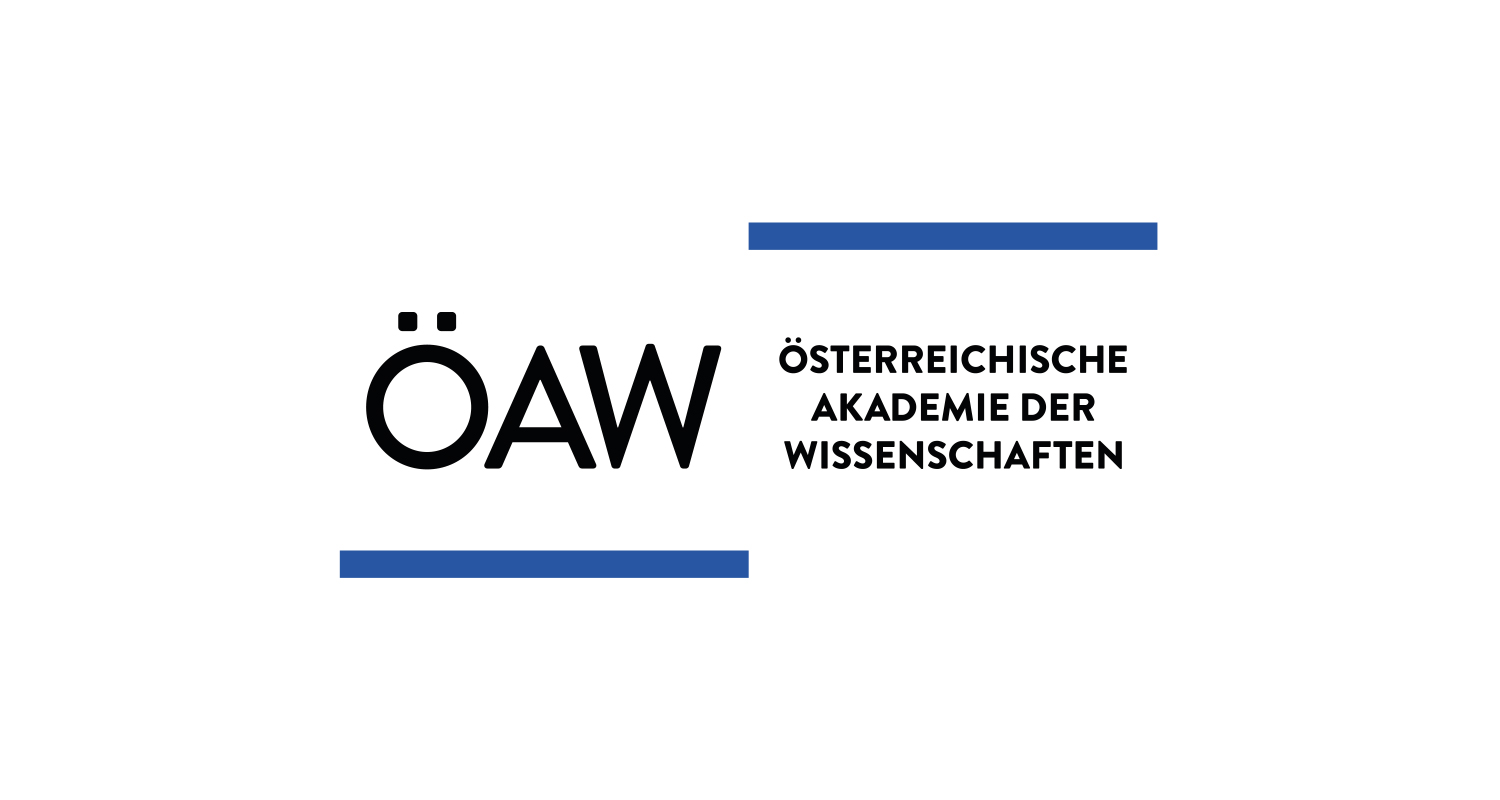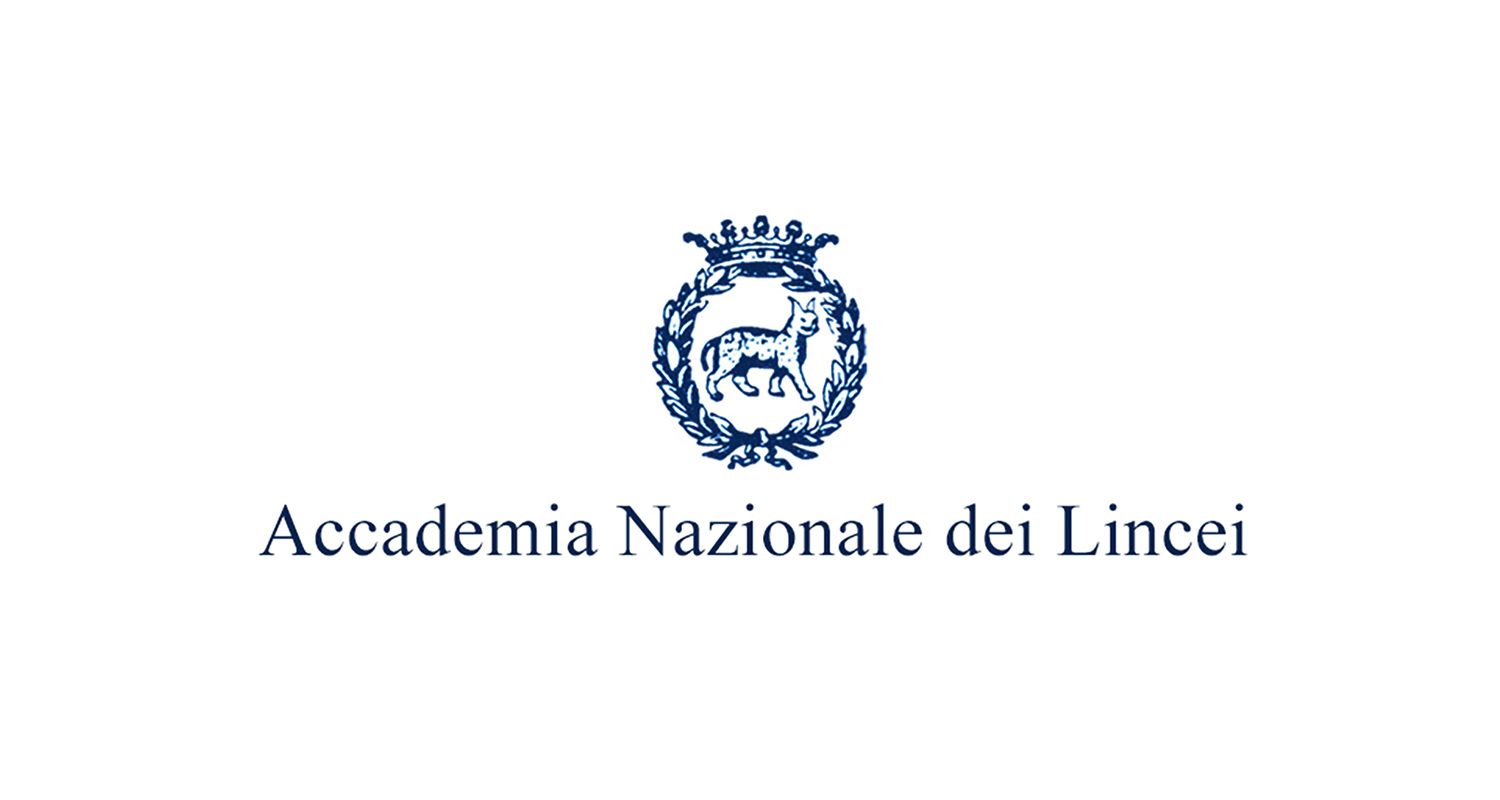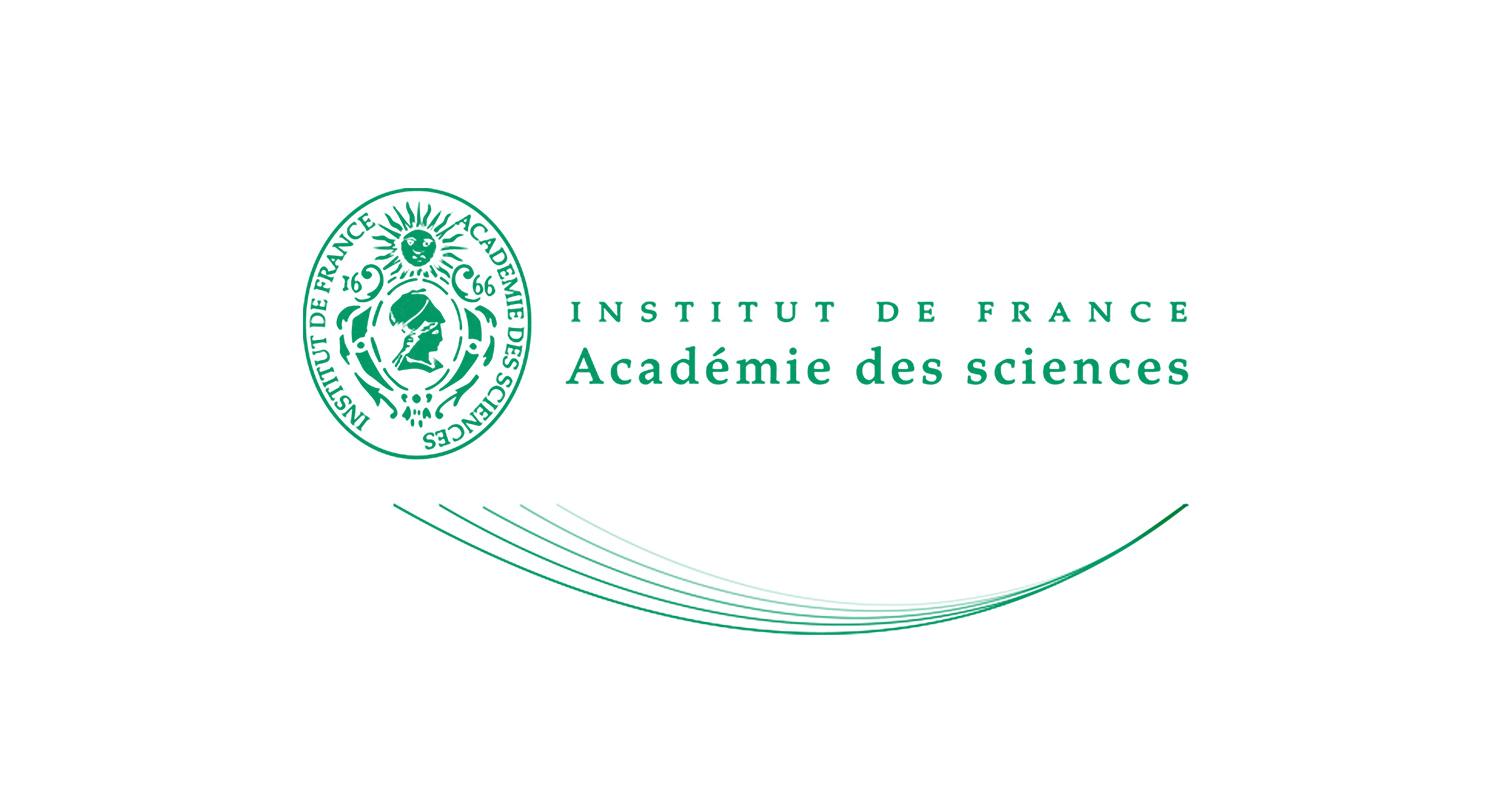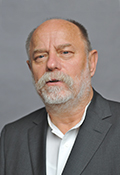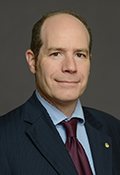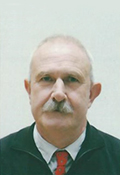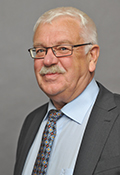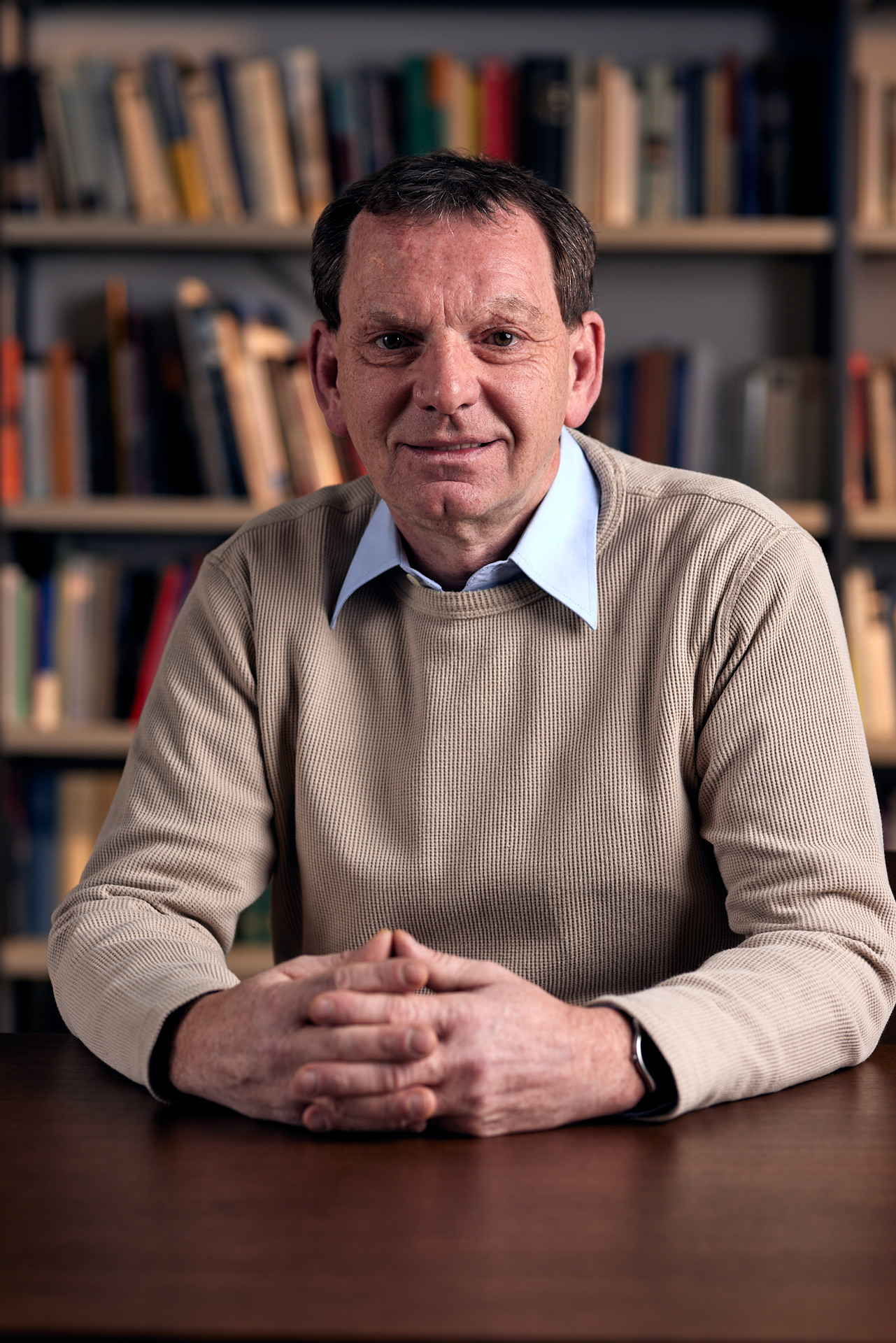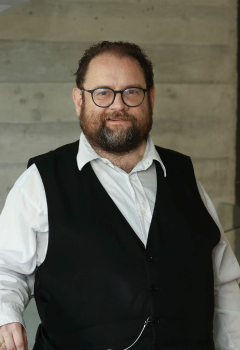The national academies of Great Britain, France, and Germany, the Royal Society, the Académie des sciences, and the Deutsche Akademie der Naturforscher Leopoldina conducted a joint international project on the comparative history of European academies from 2014 to 2018. The focus of the project, jointly led by Wolfgang U. Eckart ML (Heidelberg), Claude Debru ML (Paris), and Robert Fox (Oxford), was on the history of European academies around the outbreak of World War I, throughout the conflict, and in the post-war period.
At three conferences (Halle 2014, Metz 2017, and London 2018), researchers from more than ten different European and non-European countries discussed for the first time the behavior of academies and other academic associations in the first quarter of the 20th century from a comparative perspective. The European History of Academies Research Initiative leads this tri-national research project and expands the circle of participating academies. The initiative is an informal research alliance of seven national academies: Académie des sciences (France), Accademia dei Lincei (Italy), Akademie věd České republiky (Czech Republic), Kungliga Vetenskapsakademien (Sweden), Nationale Akademie der Wissenschaften Leopoldina (Germany), Royal Society (United Kingdom), Österreichische Akademie der Wissenschaften (Austria).
The initiative was founded on 6 June 2019 at the Leopoldina with the support of the then Leopoldina President, Jörg Hacker. The goal of this initiative is to promote international comparative research on academies and their collaborative work. Joint events will discuss research questions such as the relationship between academies and politics in the past and present, the role and functioning of science diplomacy, or the relationship between Western and Eastern academies during the Cold War. The research takes place in the form of workshops from the thematic area.





